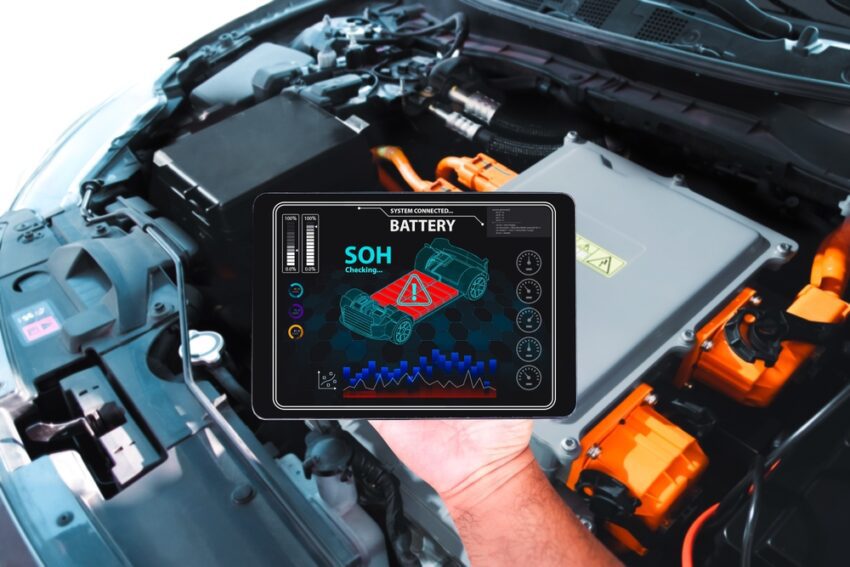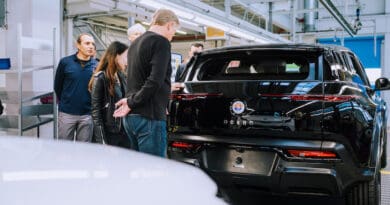
90% of dealers want standard battery health checks for used EVs
An overwhelming majority of used car dealers in the UK want to see a standardised battery health check for second-hand electric cars.
Polling by Startline Motor Finance found that 90% of dealers believe an industry-wide scheme is necessary to help with buyer confidence and to further boost the used EV market.
August’s Startline Used Car Tracker found 78% of dealers believe battery health is an “essential” consideration for most electric car buyers worried about battery degredation and failure.
While research from multiple sources, including Germany’s ADAC and data specialist Geotab, suggests such concerns are unfounded, dealers report many buyers still want reassurance around a used EV’s battery condition.
Dealers almost unanimously agree on the need for a standardised health check but have diverging opinions on how it should be delivered. Just over a third (36%) say such a scheme should be government-backed, while 38% believe it should be industry-led. In its 2024 manifesto, Labour said it wanted to launch such a scheme but there has been no sign of it initiating it since taking power.
Some resellers and manufacturers have taken matters into their own hands. BCA, one of the UK’s biggest to-trade resellers, already offers its own in-house battery health report on used EVs, and Polestar now provides a report with every second-hand Polestar 2 sold through its dealers.

Paul Burgess, CEO at Startline Motor Finance, said: “Dealers are obviously at the sharp end of selling used cars and essentially, this data is telling us the overwhelming majority believe the sector needs some form of formal battery health check scheme, with more than three out of four thinking battery health is a key consideration for buyers.
“In a used electric car market where residual values remain low and there is a general degree of concern about the volume of vehicles starting to circulate, this is a move that could help to persuade potential buyers who are concerned about the possibility of battery failure or degradation. It could give them the confidence to buy.
“There are plans for a government scheme but progress appears to be slow and there is, of course, nothing to stop any of the major industry bodies from creating their own standard with the many credible battery health check providers already working in the market.”
Only a fraction of dealers disagree with the need for an industry-wide scheme. Just 5% believe battery health is not the most important factor for EV buyers and 3% argue that battery health checks are an unnecessary expense for dealers.
“It’s clear that any views against a formal battery health check scheme form only a tiny minority of dealers,” noted Burgess. “Interestingly, when we asked used car buyers in this month’s Startline Used Car Tracker whether they would back such an initiative, 88% were in favour. It is an idea with something quite close to universal approval.”





